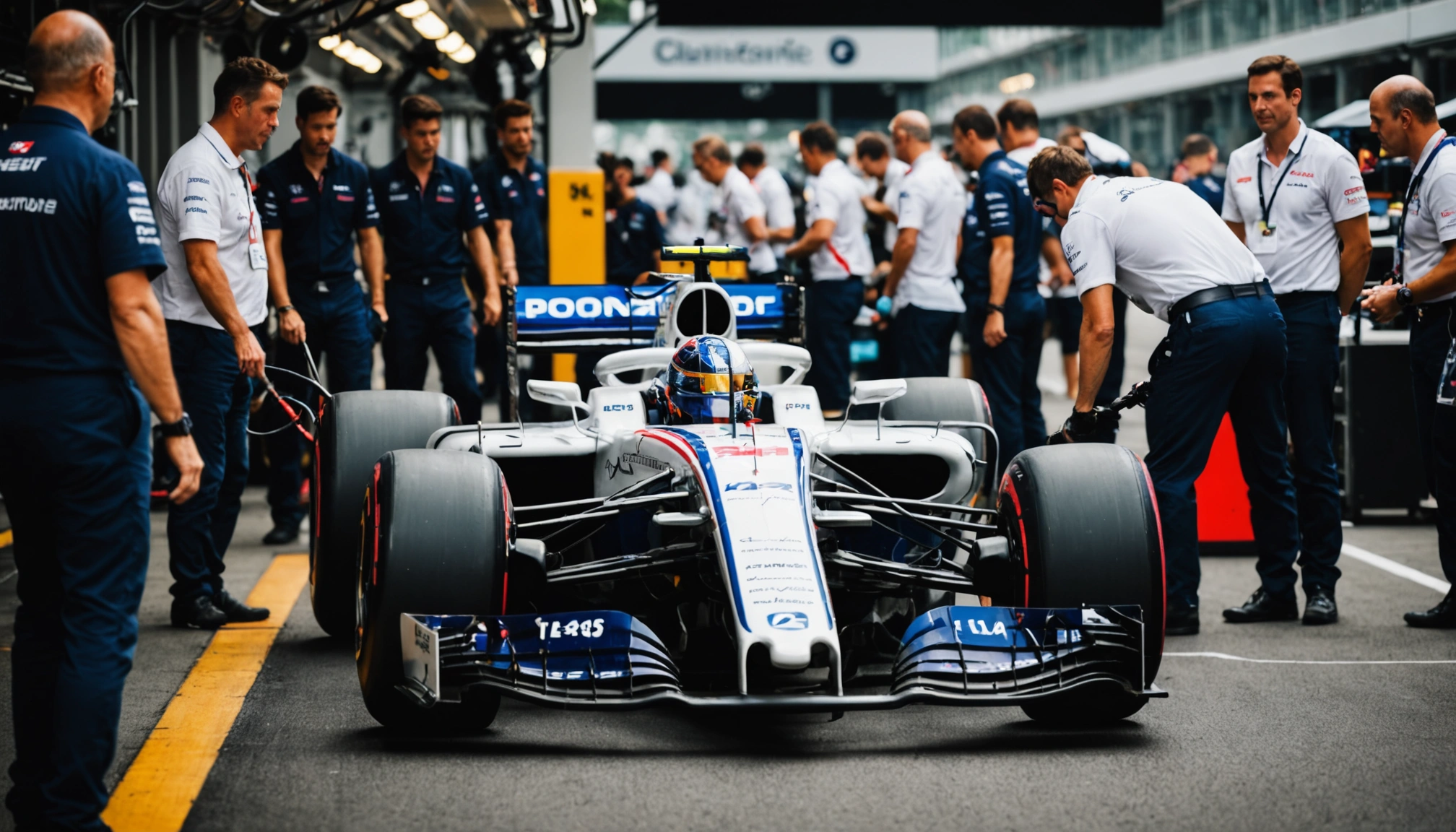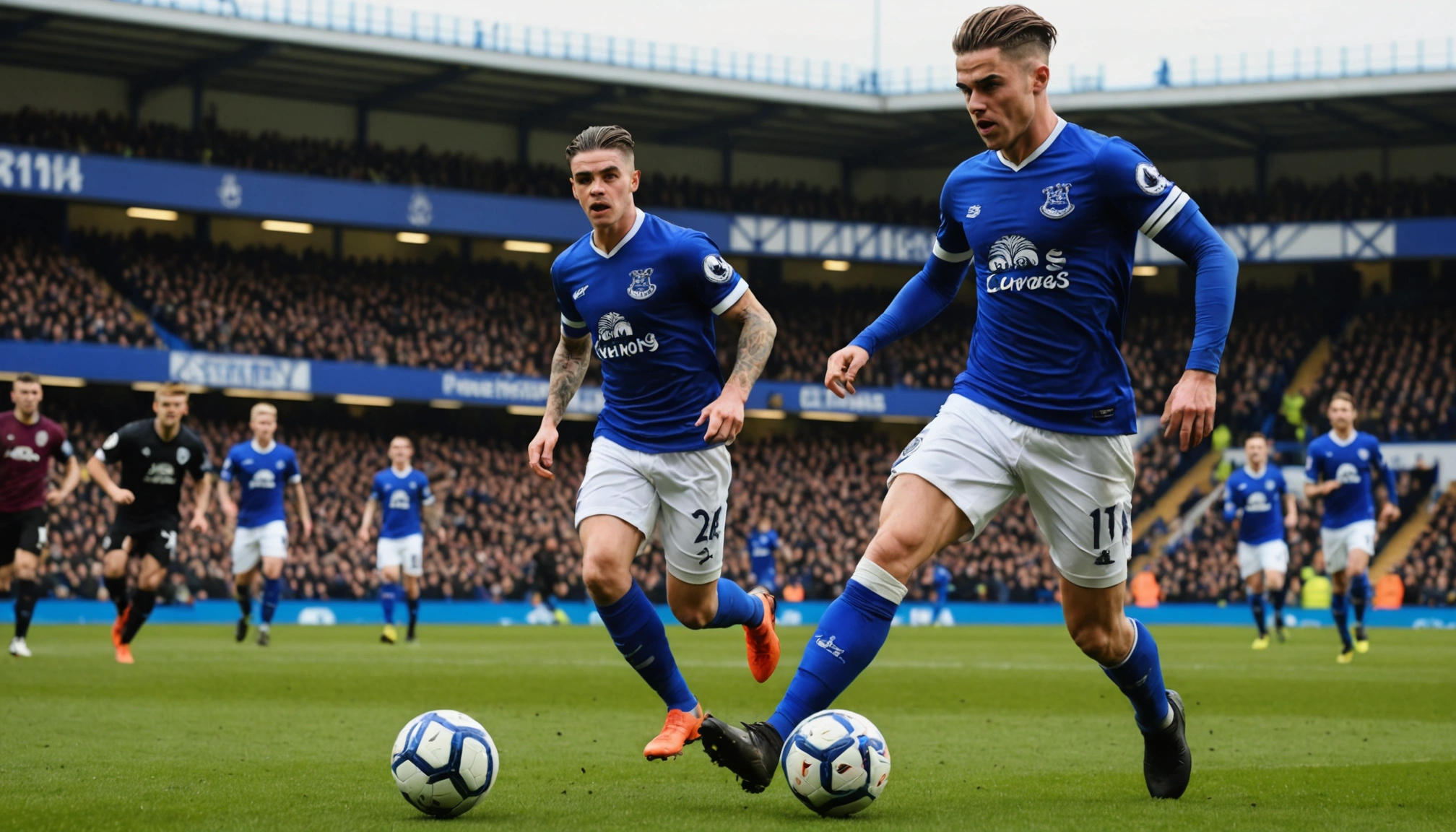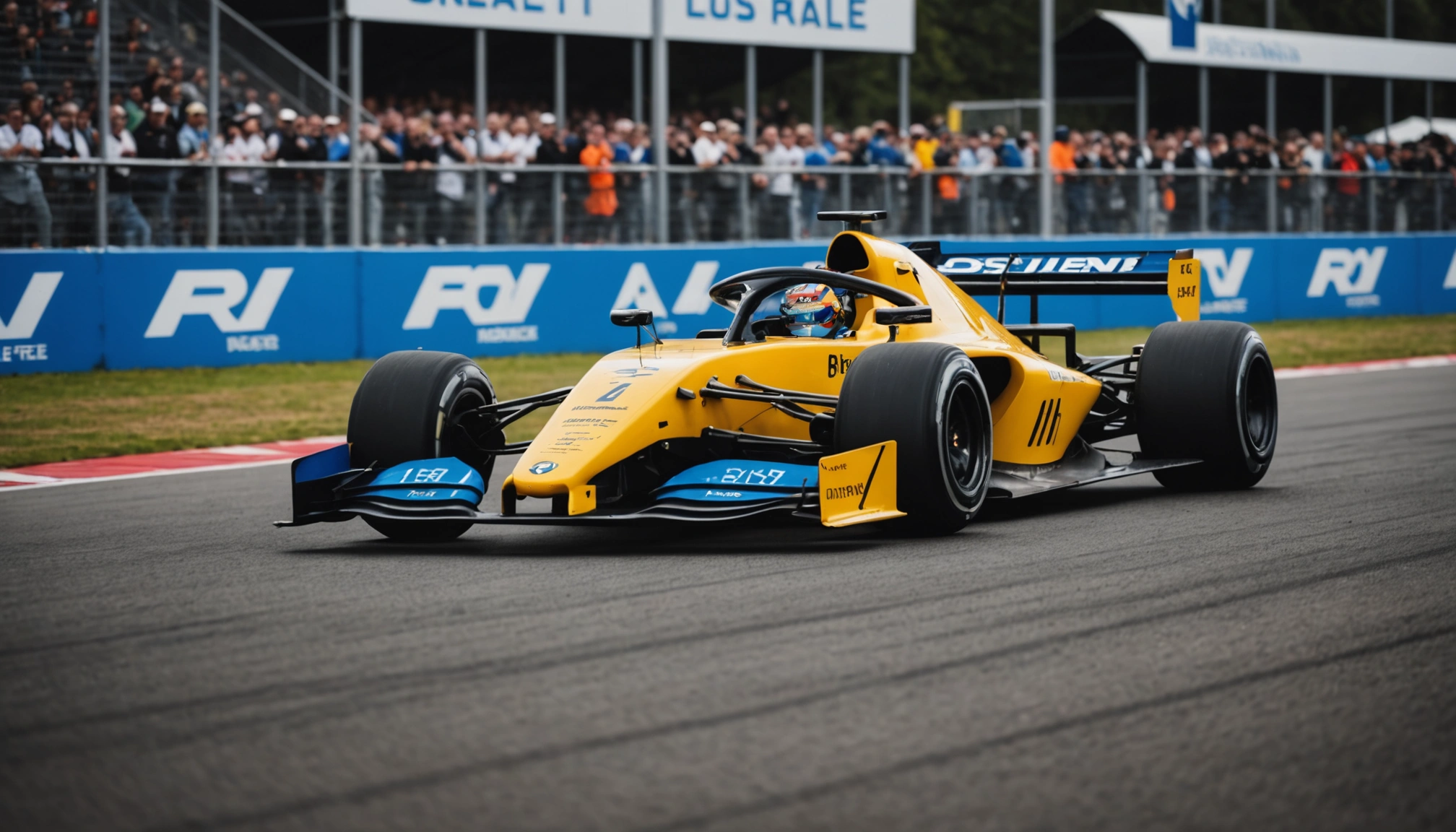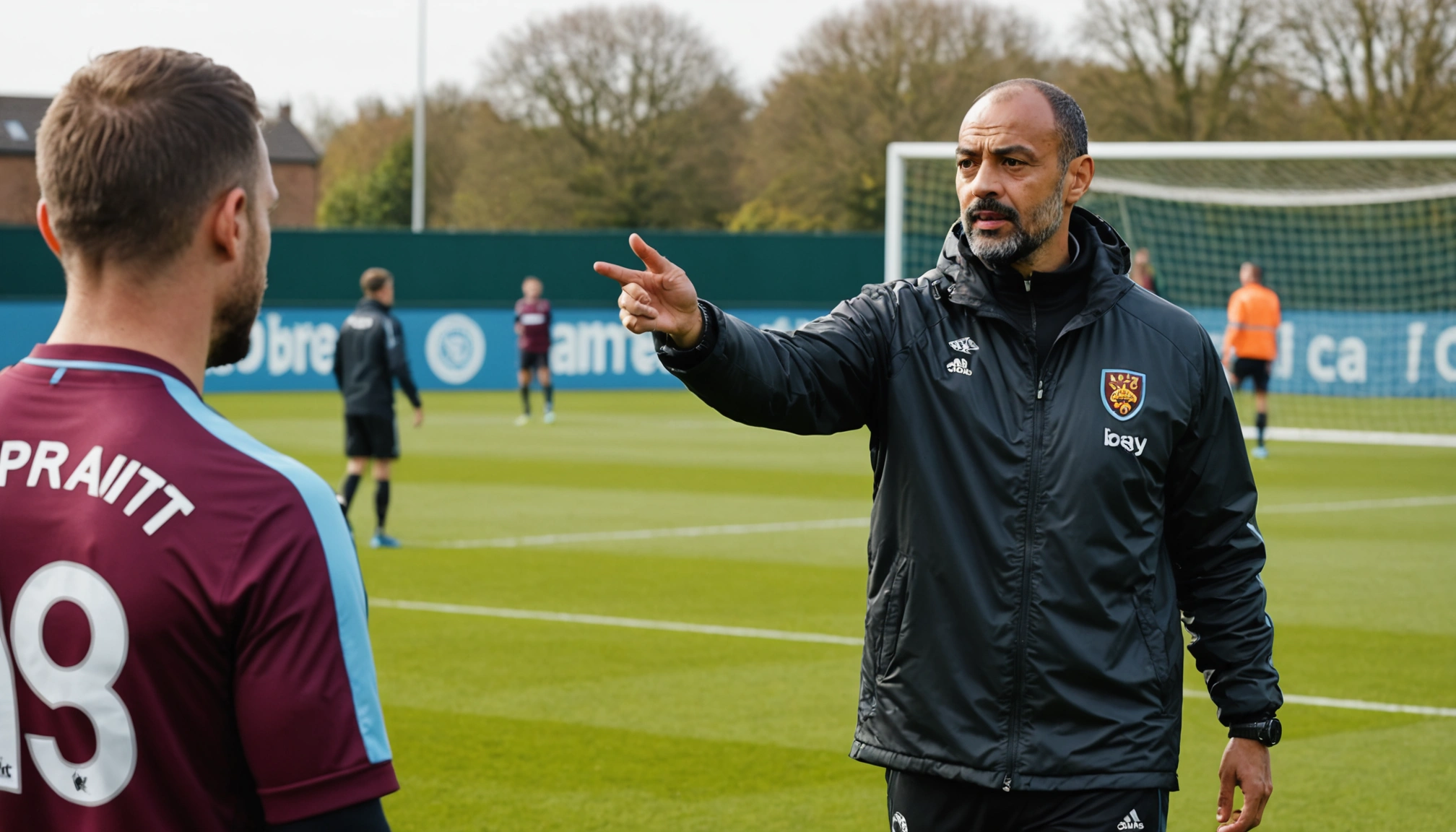Williams Plans Rear-End Replacement To Boost Albon’s Singapore FP2
Williams is set to replace Alex Albon’s rear end ahead of Singapore FP2, aiming to secure crucial track time and improve performance in this demanding Grand Prix.

By Editorial
Introduction To Williams’ Strategic Move At Singapore Grand Prix
As the 2024 Formula 1 season intensifies, Williams Racing is making a bold strategic decision to replace Alex Albon’s car rear end ahead of the crucial second free practice session (FP2) at the Singapore Grand Prix. This move aims to mitigate any risk of technical failure and ensure Albon gains essential track time on the challenging Marina Bay Street Circuit.
The Singapore GP, known for its tight corners and high humidity, demands peak car reliability and driver confidence. Williams’ proactive approach underscores the team’s commitment to extracting maximum performance in a race where every lap counts.
Why Rear-End Replacement Is Critical For Singapore FP2
The rear-end of an F1 car encompasses vital components such as the gearbox, suspension elements, and rear crash structure. Any damage or wear can significantly impact handling, lap times, and overall safety. At a street circuit like Singapore, the risk of rear-end damage is heightened due to close barriers and frequent kerb use.
Williams’ decision to prioritise a replacement before FP2 is a calculated effort to avoid any unexpected mechanical issues during the session. This ensures Albon can focus on optimising setup, tyre strategy, and data gathering without interruption.
Technical Challenges Of The Marina Bay Street Circuit
The Singapore track is unique in its combination of stop-start corners and high downforce demands. Rear-end stability is crucial through the slow-speed corners and fast chicanes. A compromised rear could lead to oversteer or instability, hampering lap consistency.
Given these factors, Williams’ move to proactively replace the rear end is not just about reliability but also about fine-tuning car balance for qualifying and the race itself.
Alex Albon’s Performance And Importance To Williams
Alex Albon, Williams’ lead driver, has shown steady progress this season, often outperforming expectations given the car’s competitiveness. His feedback on car behaviour is invaluable for the engineers, especially on a demanding circuit like Singapore.
Ensuring Albon has a fully reliable car for FP2 allows the team to gather crucial telemetry data, test tyre compounds, and trial setup changes. This session often sets the tone for qualifying preparations, making its completion essential.
Case Study: Previous Singapore GPs And Reliability Issues
Historically, teams that encountered mechanical failures or setup errors during FP2 at Singapore suffered in qualifying and race day. For example, at the 2022 Singapore GP, several drivers faced rear suspension failures due to the aggressive kerbs, leading to compromised grid positions.
By contrast, teams like Red Bull and Mercedes who ensured full reliability in FP2 were able to optimise performance early, which translated into strong race results.
Implications For Williams’ Season And Strategic Outlook
This proactive repair strategy reflects Williams’ broader ambitions to climb the midfield in the 2024 championship. Every point and position gained at Singapore could be pivotal in the highly competitive midfield pack.
Furthermore, Williams’ attention to detail and willingness to take calculated risks on component replacements demonstrate their evolved approach to car management, a key factor in improving race weekend outcomes.
Linking To Broader Motorsport Trends
Reliability and readiness are increasingly decisive in F1, with teams adopting similar strategies of component swaps to avoid failures. This trend is mirrored in other motorsport disciplines as well, where minimising downtime and maximising track time are essential.
For those interested in other high-stakes motorsport events, key golf tournaments to watch from September 2024 also offer thrilling competition narratives, reflecting how precision and preparation define success across sports.
Challenges Williams May Face During The Replacement
While the replacement aims to enhance reliability, it carries risks such as potential delays or unforeseen fitment issues. Pit lane time constraints during Grand Prix weekends demand swift, error-free work from the Williams pit crew.
Moreover, any changes to the car’s rear geometry require recalibration of suspension settings, which the engineers must address promptly to maintain car balance.
What To Expect From Alex Albon In Singapore FP2
With the rear-end replaced, Albon is expected to deliver a focused and efficient FP2 session, gathering data on tyre degradation and fuel loads under Singapore’s unique conditions. This session will be pivotal for finalising qualifying setups and race strategies.
Fans can anticipate improved lap times and confident cornering from Albon, as Williams looks to capitalise on this opportunity to enhance their weekend performance.
Conclusion: Proactive Maintenance As A Winning Formula
Williams’ decision to replace Alex Albon’s rear end ahead of Singapore FP2 exemplifies the meticulous preparation required in modern Formula 1. By addressing potential weaknesses before they manifest on track, the team maximises their chances of a successful weekend.
This approach not only safeguards the driver but also provides a foundation for competitive performance in one of the season’s most challenging races. For ongoing updates on motorsport and other sports, visit Sports Scoop for expert analysis and news.
Related topics
Editorial
Sports expert at SportsScoop
Specialist in sports analysis and journalism
Related articles
Want to read more?
Explore our comprehensive collection of sports articles and analysis, or contact us for more information.



